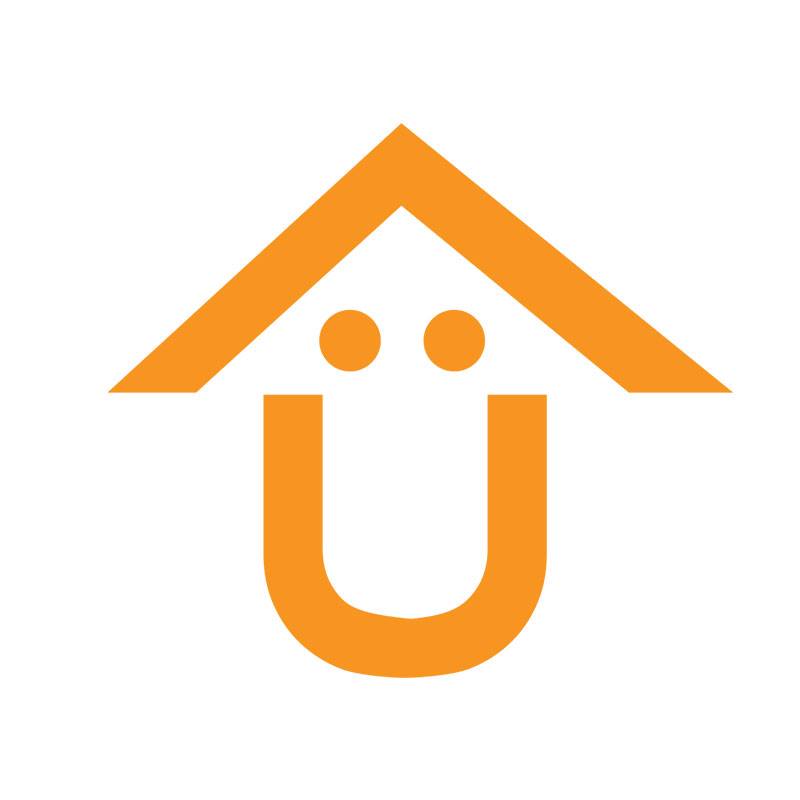Benjamin Franklin supposedly once said, “If you fail to plan, you are planning to fail.” This is true, especially if you are trying to put your brand out on the wild internet. The goal of your brand is twofold. First, it helps distinguish your company, or products, from competitors. Second, your brand creates an impression on potential clients. Your brand is not just your logo. It’s the sum experience of every touchpoint your customer has with your products or services.
Your website is only one factor in building your media brand on the Internet but you have to clearly identify your site’s role in the big picture. Do you want your site to serve as an extension of your traditional media outlet, like an online catalog as a backup for your in-person sales efforts, to stand on its own as a source of revenue or perhaps just another way to get your company’s name out there regardless of the income potential?
You see, you can build a Real Estate website and promote it anytime. But how does your website fit into your company’s media brand strategy? If you don’t know, you’ll find it more difficult to have a successful website and your site could actually hurt you. Most brands fail because their web design has not allowed the consumer to distinguish them from their competitors.
Here are some tips to get you started on building a brand strategy for your Real Estate website:
1. Define Your Brand – Understand Your Touchpoints
Remember that Branding is the sum experience of every touchpoint your customer has with your product and service, so it’s important you provide a consistent experience. There are many of these touchpoints that help define the kind of company you want to be and who you want to target. These touchpoints include:
- Personality (philosophy & messaging)
- Logos
- Colors
- Imagery
- Typography
- Textures
- Shapes
- Homepage design
Remember, it’s the sum of these parts that make up your brand and how it connects with your customers so it has to be well thought out.
2. Document Your Brand – Create A Style Guide
In branding, consistency is the key, which is why you need to document your touchpoints. That documentation is called a Brand Style Guide. The style guide will define the design direction for the creative team, and keep everyone on the same page across all your media channels. It should ensure that the design of your website is consistent with the design of your Facebook page, your displayed ads, the tone of your emails, and even your printed and video materials.
Creating a Style Guide is one of the processes that our designers create in our Ubertor Custom Design Packages. That way, we can ensure the consistency of your brand both online and offline.
3. Determine Your Website Goals
You’re starting a website for a reason. What is it that you want the site to accomplish? You should know that your website is only one factor in building your media brand on the Internet so you have to clearly identify your site’s role in the big picture. Maybe your goal is to have a showcase of the properties you have already sold? Or to have a funnel and get more leads? Maybe you want to share some information and tips about home buying and selling and become an industry authority, or maybe a place for your customers to look for properties and compare listings.
Whatever that goal might be, make sure that it is part of your marketing process so that you can have some sort of measurements on how effective the website is. It will also serve as a direction as to where do you want your visitors to go, and what do you want them to accomplish (user-journey). That way you can make adjustments to the website and align it with your goals.
In our Custom Design packages, we make sure that your goal is clear before we begin the design process. We create a project brief by inquiring about brand preferences, as well as market positioning, and competitors. We make sure that we are on the same page about the design before we implement.
4. Aim For Function Over Aesthetics – Target Usability and Functionality
Web Design is not just about how it looks, or how big is the logo, or how the color pops. Web Design is all about how you make your website work. However beautiful and stylish your website is, if it is not functional and unaligned with your brand goals, it is useless. It will just be a glorified online brochure.
A functional website provides a system for your actual users to use and communicate with you. Examples of these functionalities are a blog, listing search, property lists, and custom forms to name a few. These functions will make your website usable and eventually decrease the bounce rate. It also places you as an expert in the field since your website is more than just some blurbs on the internet.
(suggested read: Real Estate Website and IDX)
Ubertor, as a content management system, has these features prebuilt. And we are continuing to add and develop more features. Recently, we have also released our ChatBots so that there will be someone to attend to the questions of your visitors even if you are not online.
5. Optimize For SEO
If you want people to find your website, then you need to be thinking about how to design your website for the search engines as well as people (although people should always be a priority!). That means learning the basics of SEO and optimizing each of the pages on your website is imperative.
(suggested read: Improve Real Estate Leads and Sales with SEO )
Search engine optimization is a big topic, but to give you the short version, it includes:
- Performing keyword research to learn the terms your audience is using (and how competitive they are)
- Including relevant keywords in your URL structure, title tags, headings, image meta tags, and content copy
- Adding meta descriptions on every page on your website
- Including natural internal links on your web pages using relevant keywords in the anchor text
Ubertor, as a content management system, has this pre-built within our pages. In fact, we are so specialized on it that you even have direct access to the page’s meta title, meta keywords, and meta descriptions. These SEO features works seamlessly with our system. Other providers needed third-party plugins for this, which are sometimes faulty and ineffective.
6. Develop A Social Media Strategy
Nowadays, people are mostly on social media. So most likely, your future clients are already there so why not drive traffic to your site through it. Create blogs about industry news and use social networking to keep readers coming back to your site for the latest info. Share links of your latest properties and upcoming open houses. Get site visitors through Twitter and boost your site’s awareness on Facebook to bring your site’s visitors back multiple times a day. Post gorgeous listing photos on Instagram and pin house design ideas on Pinterest. Again, your website is just one on your media avenue, so create a harmonious environment between media platforms for your brand strategy to work.
(suggested read:
Boost your Real Estate marketing with Social Media Hashtags)
7. Measure Your Traffic
Lastly, measure your website’s performance. Use web analytics tools to track your site visitors’ habits as they work their way through your content.
Where are they coming from? How long do they stay? Which pages did they leave? Monitoring these patterns provides you a clearer picture of what’s working on your website and what isn’t. If certain topics drive visitors to your site, you know you can increase clicks by giving users what they want.
If you have other areas of your site that are practically ignored, you can decide if you want to alter the content or eliminate future coverage.
Ubertor’s Custom Design package includes adding your Google Analytics code, free of charge. All you need to do is to sign-up for an analytics account. We also have an in-house SEO expert to give you clear information on how your website is doing and how you can improve.
Next Steps
We have shared as much knowledge about building your online brand strategy, but you can get much more specific and relevant information by discussing your web design project with us. We *love* to talk about web projects and strategy. You can email us at clientservices@ubertor.com or call us directly at 1-604-264-1999, or chat with our live help. We are here to help.

